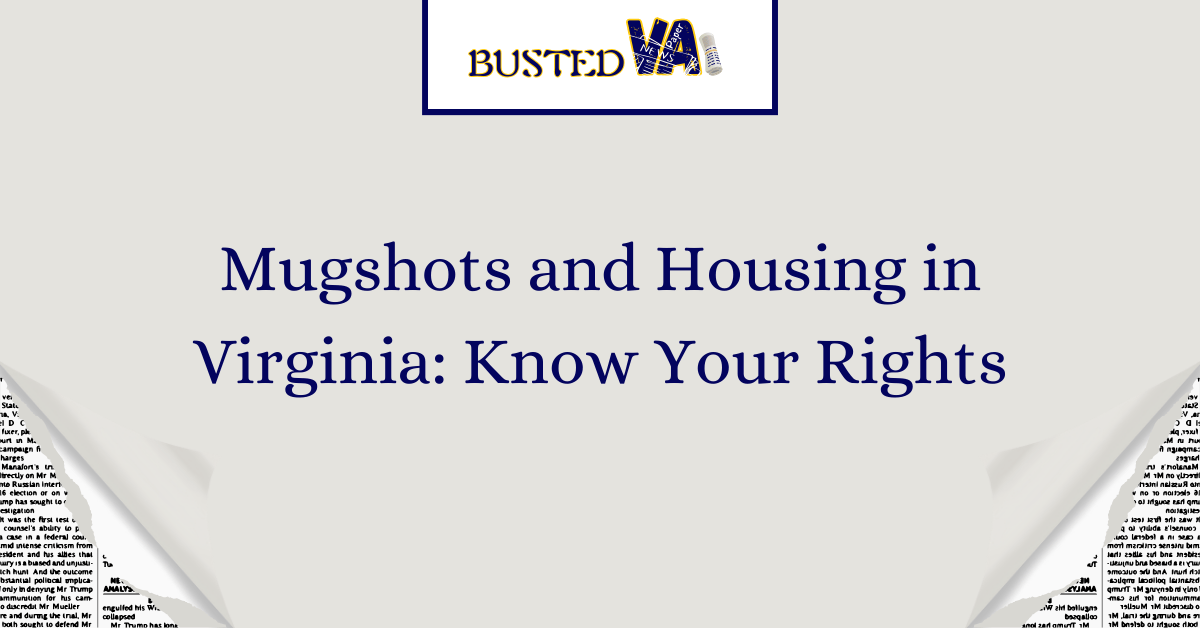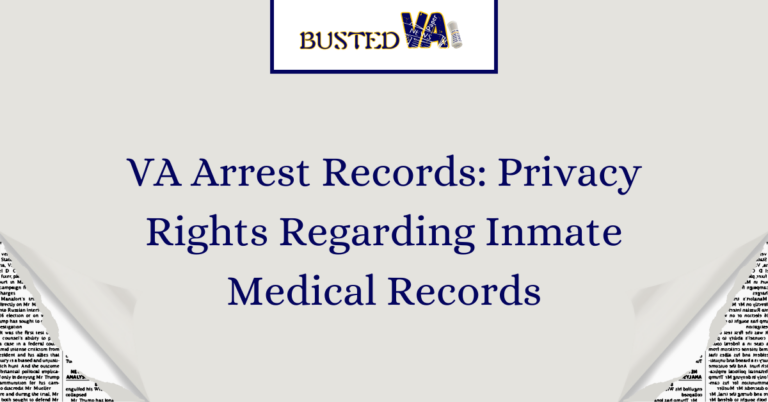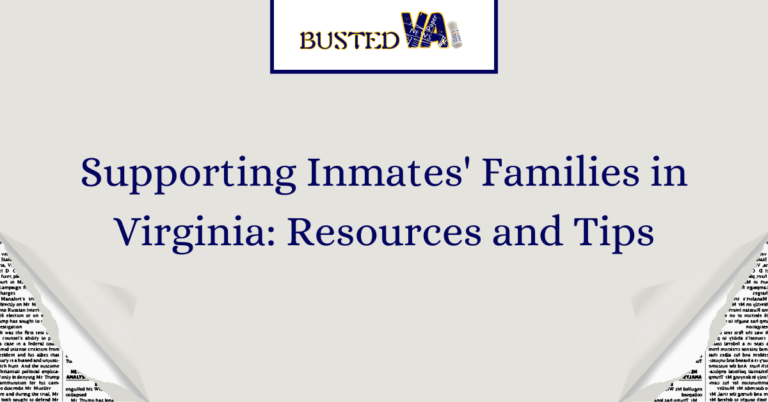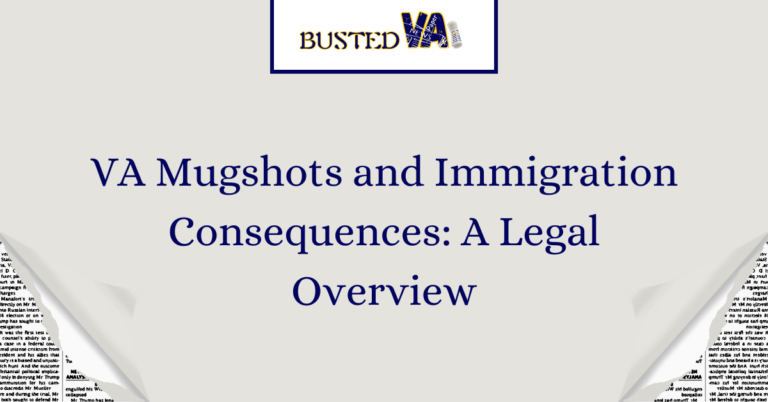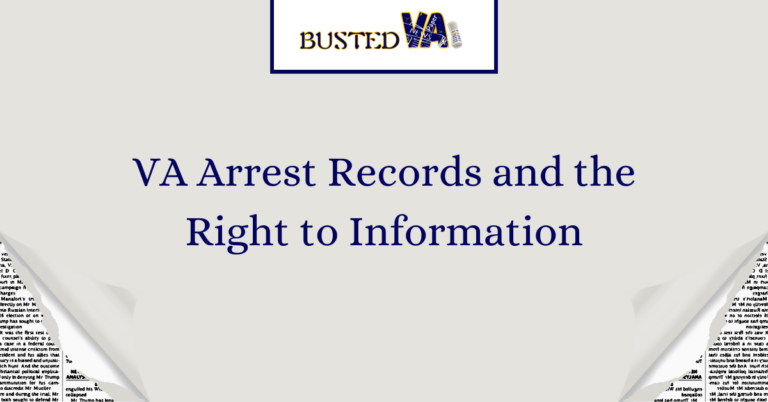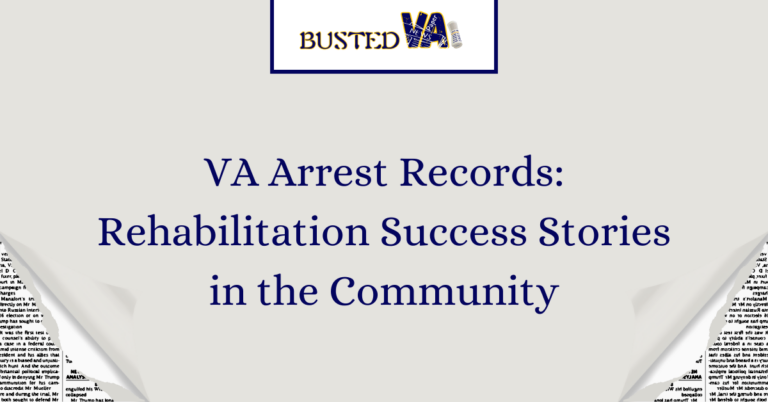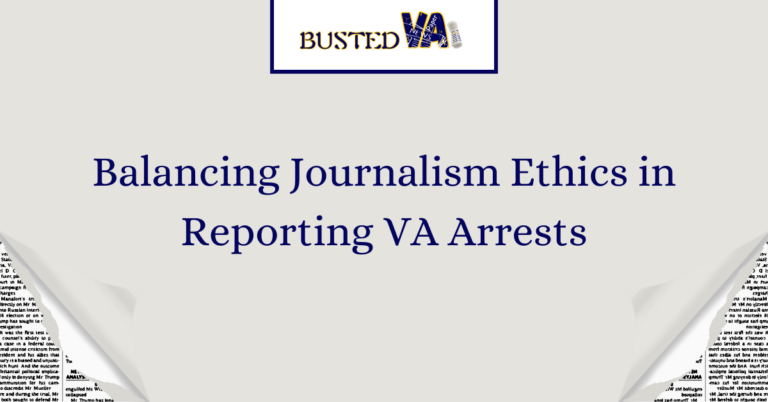Mugshots and Housing in Virginia: Know Your Rights
Understanding your rights when it comes to mugshots and housing in Virginia is crucial for every individual. Whether you are a resident or planning to move to the state, being informed about the laws and regulations surrounding these topics is essential.
In this informative guide, we will explore the rights and protections you have as a citizen of Virginia when it comes to mugshots and housing. From understanding the process of mugshot publication to knowing your rights as a tenant, we aim to equip you with the knowledge needed to navigate these areas confidently.
Understanding Mugshot Laws in Virginia
When it comes to mugshots, it is essential to understand the laws and regulations surrounding their publication in Virginia. Mugshots can have a significant impact on an individual’s reputation and future opportunities, making it crucial to be informed about your rights.
The Process of Mugshot Publication
In Virginia, mugshots are considered public records and can be accessed by anyone. However, there are certain restrictions and guidelines that govern their publication. Mugshots can be released to the public once a person has been arrested, but they must be removed from public view if the charges are dropped or the person is found not guilty.
Protecting Your Privacy
While mugshots are public records, it is important to note that their publication can have negative implications for individuals. To protect your privacy, Virginia law allows you to request the removal of your mugshot from online websites and databases. This can be done by contacting the website or agency responsible for publishing the mugshot and providing the necessary documentation.
Your Rights as a Tenant in Virginia
Understanding your rights as a tenant is crucial for anyone residing in Virginia or planning to move to the state. Whether you are renting an apartment, a house, or any other type of dwelling, it is essential to be aware of the laws and regulations that protect your rights as a tenant.
The Virginia Residential Landlord and Tenant Act
The Virginia Residential Landlord and Tenant Act is a comprehensive set of laws that outlines the rights and responsibilities of both landlords and tenants. This act covers various aspects of the landlord-tenant relationship, including lease agreements, security deposits, repairs, and evictions.
Understanding Lease Agreements
Before signing a lease agreement, it is crucial to thoroughly read and understand its terms and conditions. A lease agreement is a legally binding contract that outlines the rights and responsibilities of both the landlord and the tenant. It is essential to ensure that the lease agreement complies with the Virginia Residential Landlord and Tenant Act and does not contain any illegal or unfair provisions.
Knowing Your Rights as a Tenant
As a tenant in Virginia, you have certain rights that are protected by law. These rights include the right to a safe and habitable living environment, the right to privacy, and the right to be free from discrimination. It is important to familiarize yourself with these rights to ensure that your landlord does not violate them.
Dealing with Disputes and Evictions
In the unfortunate event of a dispute with your landlord or the possibility of eviction, it is crucial to understand your rights and the proper procedures to follow. Virginia law provides specific guidelines for resolving disputes and conducting evictions, and it is important to adhere to these regulations to protect your rights as a tenant.
By being informed about mugshot laws and tenant rights in Virginia, you can navigate these areas confidently and ensure that your rights are protected. Remember to consult legal professionals for specific advice related to your situation, as laws and regulations may vary.
FAQs
What are my rights if I am arrested in Virginia?
If you are arrested in Virginia, you have the right to remain silent and the right to an attorney. It is important to exercise your rights and not provide any self-incriminating statements. You have the right to know the charges against you and the right to a fair and speedy trial.
Can I be evicted from my rental property without notice?
No, in Virginia, landlords are required to provide written notice before evicting a tenant. The specific notice period may vary depending on the circumstances, but generally, you should receive a notice of termination of tenancy before eviction proceedings can begin.
What are my rights as a tenant in Virginia?
As a tenant in Virginia, you have the right to a safe and habitable living environment. Your landlord is responsible for maintaining the property and ensuring it meets certain standards. You also have the right to privacy and the right to be free from discrimination based on protected characteristics.
Can my landlord increase my rent without notice?
No, in Virginia, landlords are required to provide written notice before increasing the rent. The notice period may vary depending on the length of the tenancy, but generally, you should receive at least 30 days’ notice before any rent increase takes effect.
What can I do if my landlord refuses to make necessary repairs?
If your landlord refuses to make necessary repairs, you may have several options. You can try to negotiate with your landlord, document the issues and communicate them in writing, or contact local housing authorities for assistance. In some cases, you may be able to withhold rent or take legal action if the repairs are not made.

